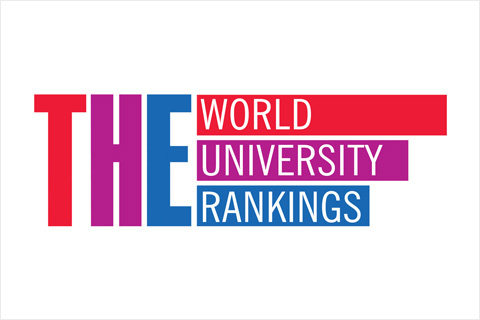Australia’s prime minister, Malcolm Turnbull, has put international education at the centre of his country’s relationship with China, in an apparent move to ease tensions threatening the multibillion-dollar industry.
In a speech to Sydney academics, but evidently also intended for Beijing’s ears, Mr Turnbull described Australian educators as “one of our greatest assets”. “I want to talk about the contribution of international education to our nation [and] region and, in particular, highlight its vital importance to our comprehensive strategic partnership with China,” he told a University of New South Wales audience.
“Your work demonstrates to our neighbours, in the most practical way, that our commitment to the Indo-Pacific region is firm and abiding. Just as trade deals, economic partnerships [and] security agreements foster community among countries, the connections that you forge build bridges across the seas.”
Mr Turnbull’s speech, his first about international education since he became prime minister three years ago, has itself been interpreted as a bridge-building exercise.
Chinese officials have been cancelling or rebuffing meetings with Australian educators in recent months, in an apparent reflection of Beijing’s displeasure over diplomatic slights including Canberra’s new foreign interference laws and its criticism of China’s military aspirations in the Pacific.
Outbound Chinese students have been urged to consider destinations other than Australia, sparking alarm about a possible downturn. Last year, China’s direct bureaucratic intervention in student flows to South Korea – seen as a retaliatory move over the peninsula’s hosting of a US missile system – triggered a dramatic plunge in foreign enrolments there.
The audience at the prime minister’s speech on 7 August included ambassadors, a consul general and diplomats from China and Australia, as well as journalists from both countries. Mr Turnbull described a strong personal relationship with China, beginning with his work to establish a mine there in the 1990s.
“There are 1.2 million Australians of Chinese heritage, two of whom are my grandchildren,” he added. “It’s a very deep relationship, one of great opportunity and potential, and it gets deeper and stronger all the time.”
In words apparently designed to address domestic disquiet about international student numbers, including opposition threats to clamp down on visas, Mr Turnbull highlighted education as an export “success”.
“The impact is felt well beyond the campuses – 130,000 full-time jobs are supported by international education, and the benefits flow right through the economy to retail, tourism, hospitality, healthcare and so much more.
“Australia’s ability to capitalise on the opportunities of this region depends on strong links to the region, and the education sector has the capacity to influence this like few other industries.”
Peter Mackey, director of international trade with the NSW Department of Industry, told Times Higher Education that this was an “important message” for the Australian community. “It’s almost impossible to put a value on the long-term benefit through those relationships that are built here.”
He noted that China was the largest source country for overseas students. “It’s really important that we send a message that we value having those students here.”
The Group of Eight universities said that Australia’s international education industry was “about so much more than revenue, as welcome as that is”.
The group’s chief executive, Vicki Thomson, said that it had been “pleasing” to hear the prime minister assert the importance of maintaining a strong working relationship with neighbours including the East Asian giant. “China is obviously an important regional partner, with whom Australia is perfectly capable of working with in a constructive, collaborative way, despite our differences,” she said.
Register to continue
Why register?
- Registration is free and only takes a moment
- Once registered, you can read 3 articles a month
- Sign up for our newsletter
Subscribe
Or subscribe for unlimited access to:
- Unlimited access to news, views, insights & reviews
- Digital editions
- Digital access to THE’s university and college rankings analysis
Already registered or a current subscriber? Login


